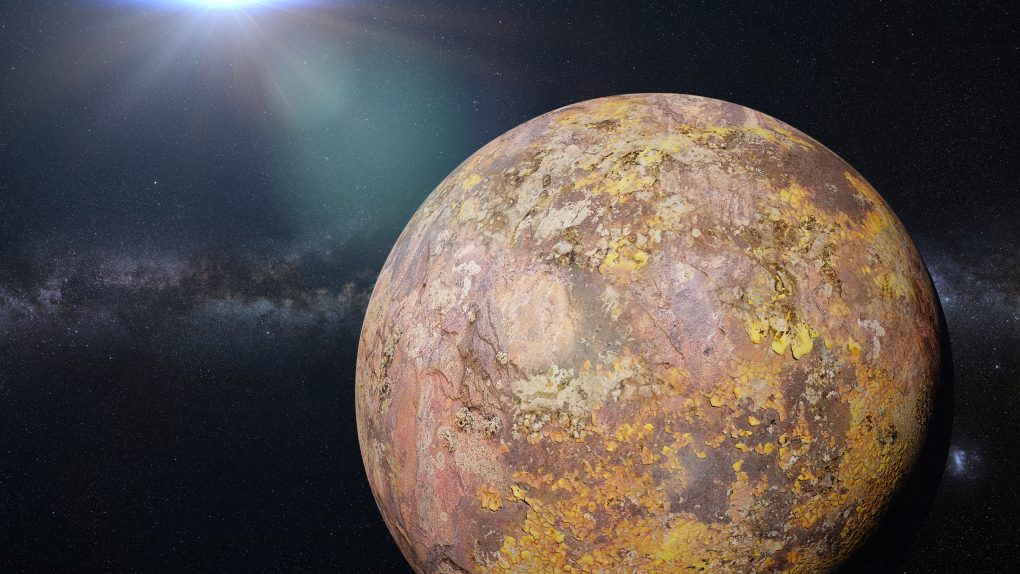A Venus-sized exoplanet located just 40 light years away may be the smoking gun that astronomers have been looking for in their search for an Earth-like exoplanet. The planet, which is known as Gliese 12 b, is a very promising target for astronomers, and some suggest it could even feature Earth-like temperatures.
The rocky planet has quickly become one of the most intriguing objects we’ve ever discovered in the cosmos, and for good reason. Temperatures close to Earth’s are extremely rare in exoplanets. Gliese 12 b, which rests just seven percent of the distance between Earth and the Sun, has an estimated surface temperature of around 107 degrees Fahrenheit (42 degrees Celsius).
That makes it moderately temperate as far as exoplanets go, making it one of the most Earth-like exoplanets we have discovered so far — at least if these estimations prove true. Of course, it isn’t quite the same temperature as Earth, which has an average temperature of 59 degrees Fahrenheit (15 Celsius), but it’s one of the closer that we’ve found.
The astronomers behind the discovery say they want to determine whether or not Gliese 12 b has an atmosphere and if the Earth-like exoplanet is capable of hosting stable liquid water on the surface. If those two things prove true, we could have another solid candidate in the search for alien life.
The exoplanet is estimated to be slightly smaller than Earth, roughly the same size as Venus, Earth’s evil twin. Its host star, a red dwarf known as Gliese 12, doesn’t show any signs of the extreme behavior that red dwarfs are known for — frequent and powerful X-ray flares — so astronomers are hopeful that its atmosphere will still be in tact.
Future studies with the James Webb space telescope will hopefully help researchers shed new light on the exoplanet. In the meantime, the researchers have published their latest findings in the Monthly Notices of the Royal Astronomical Society.








